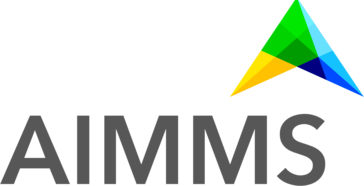To make life easier for app developers we unified the mapping for reading from and writing to table-based formats like CSV, Excel and Parquet files in DEX 2.1.2.1.
Each file type had their own mapping elements like ExcelSheetMapping and CSVColumnMapping etc. Now they all use TableMapping, RowMapping and ColumnMapping. Only the root nodes differ to specify the file type.
Why did we do this?
To make life easier for app developers.
Excel
For Excel mapping the generic TableMapping can be used instead of ExcelSheetMapping. If an existing mapping with ExcelSheetMapping is read, DEX will interpret this automatically as a TableMapping.
CSV and Parquet
The mapping for CSV and Parquet can now map multiple files in a folder using TableMapping. The names of the files follow from the name or name-binds-to attributes, just like sheet names would when using an ExcelSheetMapping. The first argument for a call to WriteToFile or ReadFromFile must be a name of a folder and not a file name.
It is still allowed to have a CSV or Parquet mapping without a TableMapping (such that the file name cannot be derived from the attributes). The first argument for a call to WriteToFile or ReadFromFile must be a file name and not a folder. Note that this corresponds to the existing behavior so existing applications do not have to change anything.
SQLite
SQLite is the only supported database that is also a file format. If a database mapping is used in combination with WriteToFile or ReadFromFile, DEX will automatically assume that the first argument represents the file name for SQLite.


